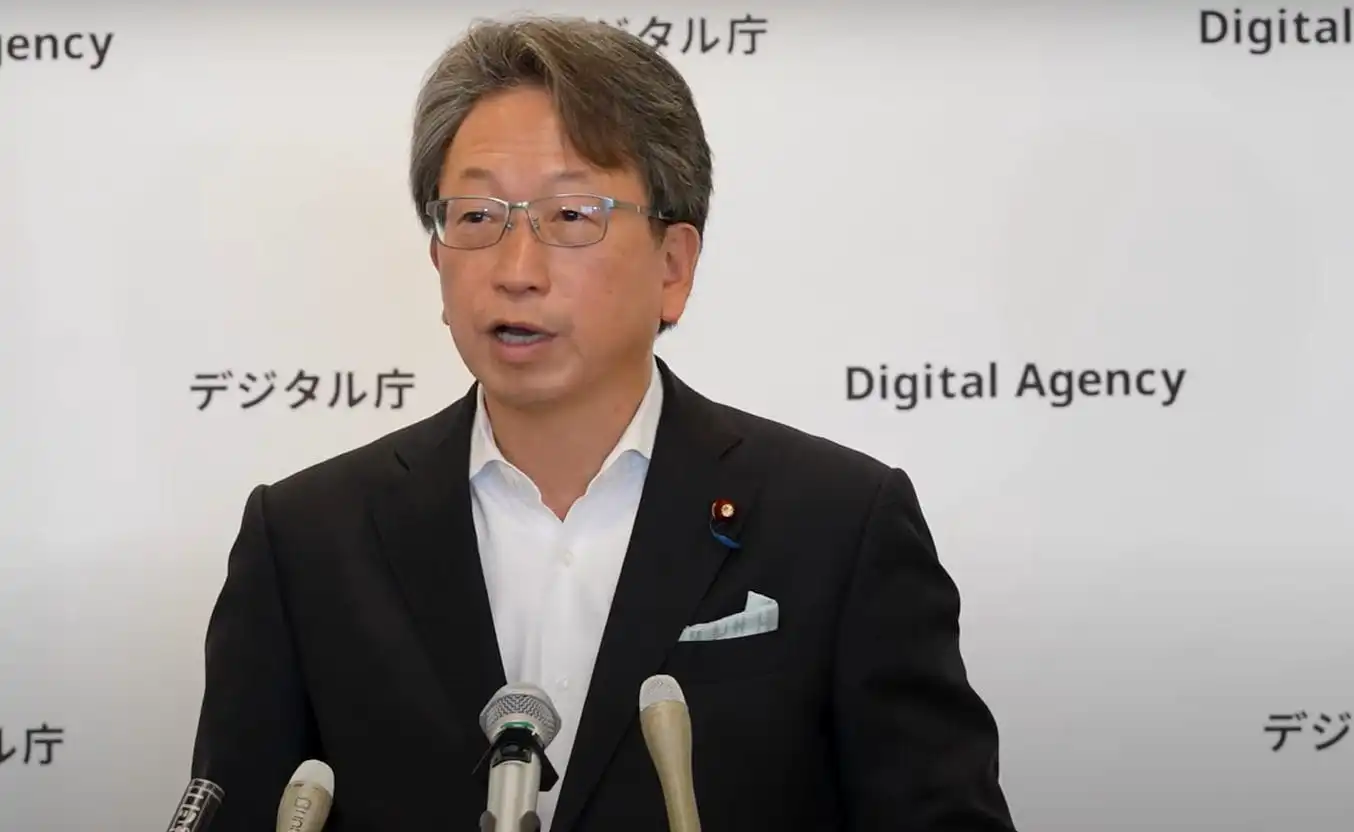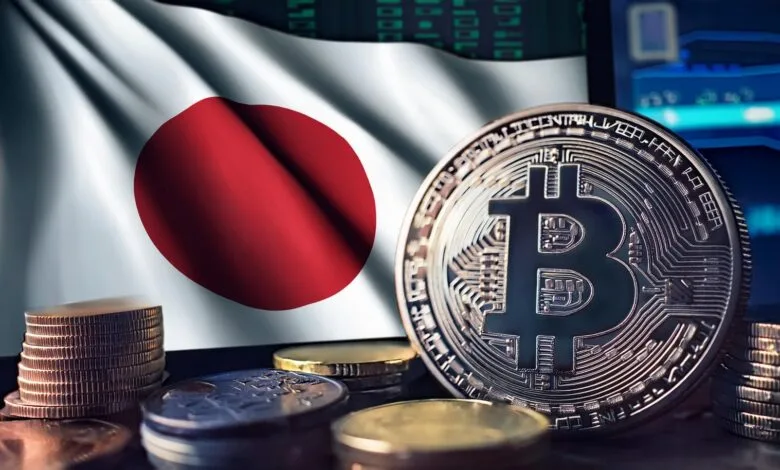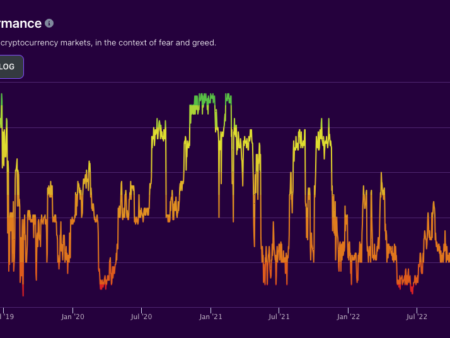Japan is understood to be the house of an extremely powerful and developing technology-based industry with a speed of pacing innovation. However, in this highly dynamic space of blockchains and cryptocurrencies, the country has seen extreme challenges, especially given the taxing rules it had. The new Digital Transformation Minister, Masaaki Taira, recently hinted at crypto tax reformwhich could bring an end to these challenges and propel the blockchain industry in the country. His comments at his first press conference highlighted the urgent need for crypto tax reform to make the environment more conducive to innovation for blockchain technologies.
Here, we discuss the opportunities presented with these reforms, the challenges that Japan has in the blockchain industry, and what this could mean for the future of the nation’s digital economy.
Masaaki Taira Push for Crypto Tax Reform

“I think the most important thing is the tax system.”
“I’m not in a position to speak about the tax system, so I cannot comment on that matter.”
“Tax reform is the responsibility of the Financial Services Agency, so I will refrain from commenting on the matter. However, as a cabinet member and as the Digital Transformation Minister, I would like to speak about how using blockchain will have an impact on Japan’s economy and its financial situation.”
This is Masaaki Taira, a longtime blockchain technology proponent, who recently became Digital Transformation Minister. His appointment comes at such a point in time as the crypto industry of Japan finds itself at the crossroads and with louder demands to increase their regulatory flexibility.
Speaking in his first-ever press conference on October 2, 2024, Taira said that reform of the country’s tax system, especially regarding cryptocurrencies and blockchain technology, is one of the most important imperatives for improving this business. According to him, the tax system is one of the biggest regulatory barriers in moving Japan’s blockchain industry toward its full potential. While he was quick not to overextend his mandate and stated that the responsibility for tax reform rests with the FSA, his statement was balm to crypto supporters hoping that change might be coming.
Japan’s Crypto Tax Reform
One of the key major issues that would affect the Japan crypto sector is the taxation of unrealized gains. This would make the bitcoin owner, like the startups and the issuers of the tokens, taxable based on the value of their bitcoin or any other form of digital assets, even when not sold or transferred into fiat money. This would further weigh down the businesses with massive financial burdens, especially for the startups, who are cash-strapped and take advantage of everything that comes their way to grow and scale.
A crypto startup in Japan will hold some tokens or digital assets, and these will appreciate in value throughout the financial year. The company will be taxed on the value gains even though it hasn’t converted those assets into cash. This is sharply different from other countries where most businesses and individuals are taxed only when they sell their digital assets and realize profits.
These policies have forced many crypto firms to move operations abroad, primarily to more tax-friendly jurisdictions. This created a brain drain; most of Japan’s brightest blockchain innovators who made it overseas are moving now to places like Singapore, Switzerland, and the UAE, where the regulatory environment is more conducive towards growing the crypto sector.
Impact from Crypto Tax Reform
This will end the negative trends in the blockchain space of Japan if the country decides to adopt changes in its crypto tax laws. It will significantly reduce the tax burden on companies operating in the crypto space, allowing the companies to reinvest their resources in growth and innovation rather than continued excessive taxation.
This would encourage more startups and established crypto firms to either return to Japan or set up operations there. The formation of new companies within the country could also become a trigger, producing jobs and economic growth in Japan. Moreover, leadership in the technology and gaming industries would strategically place Japan in capitalizing on the Web3, metaverse, and blockchain technologies.
Taira’s Earlier Advocacy for Crypto startups
Taira is not new to the problems of blockchain startups in Japan. As a head of the Liberal Democratic Party’s (LDP) Web3 taskforce, he led the reform of Japan’s cryptocurrency tax system. He has often talked about how the existing tax rules are outdated and inappropriate for modern crypto businesses.
For example, one of the concrete issues Taira has brought up is that crypto startups have accounting issues. Many crypto startups issue their own tokens to raise capital or to distribute ownership among employees. However, because they often are without the same level of recognition and liquidity as established cryptocurrencies such as Bitcoin or Ethereum, accounting firms are struggling with the right valuation. Lack of clear information is accompanied by obscurity as far as which forms to fill out for tax reporting, and this becomes complicated in trying to put these businesses into law.
Another fact pointed out by Taira is the reason why tax laws in Japan at present hinder investment in blockchain startups. Tairas said that it gives investors a hard time to invest in crypto companies when unrealized gains are taxed since it will not be very easy to project future returns on investment. Thus, reforms on such laws would be of benefit both for the crypto startups and attract more investments into Japan’s blockchain ecosystem.
Japan’s Financial Services Agency (FSA) Role
While Minister Taira speaks much about crypto tax reform, he recognizes that he can’t steer the direction of tax policy outright. That is headed up by Japan’s Financial Services Agency (FSA), as this agency governs the country’s financial markets. Silver linings abound, though, as it seems the FSA is open to reviewing crypto tax codes. Over the past few months, the agency has dropped subtle hints about the reclassification of digital assets at a far more encompassing level, which could indeed bring lower taxes on crypto gains.
There is also a more serious need for the FSA to work on changing the current tax rules. Any change would have to be agreed upon and coordinated with other branches of government through the agency. In case the FSA would then adjust tax rules, that could influence the rest of the crypto space in the world since Japan is among the world’s biggest economies and an important player in the blockchain.
Broader Impact on the Crypto Tax Reform

“When [Japanese] startup companies hold and issue tokens that are not as [well-known] as Bitcoin, accounting firms cannot conduct proper audits. This remains a problem.”
Masaaki Taira, Japan’s Digital Transformation Minister, speaking as the head of the LDP’s web3 task force at a conference earlier this year.
Relief funding to the startup companies; apart from short-term financial relief to the startups, crypto tax reform may have much broader impacts on Japan’s digital economy. As the government is saving the business community from regulatory compliance burdens, it is likely to emerge as a global leader in competition. This can enhance activities in such fields as decentralized finance, smart contracts, and blockchain supply chain solutions.
The potential development of Japan’s economy might be furthered by NFTs, according to Minister Taira. Though the NFT market is experiencing a decline, there is reason to continue to be optimistic in that NFTs hold extremely great value—those businesses dealing with digital art, entertainment, or collectibles. Perhaps if Japan were able to build a favorable environment for NFTs and blockchain innovation, it would unlock new economic opportunities for itself in being ahead of the competition in developing digital assets.
Japan’s Gaming Strength and Web3 Future
Blockchain technology has already brought a lot of benefits to the country, thanks to a well-established gaming industry in Japan. Many experts believe gaming is going to be one of the main pillars that will drive the adoption of blockchain on the Web 3. Blockchain games are already showing up, and it seems a lot more than possible that crypto and NFTs can be parts of the interface of the gaming ecosystems that are shaping a new economic sphere within the metaverse.
The minister, Taira, is positive about the future of Japan in this area and sees increasing importance in stable coins and the application of metaverse technologies. The support for blockchain-based innovations in the gaming industry can have Japan exploit already built-up strengths to lead the next generation of digital economies.
Conclusion
Japan stands on the cusp of a possible crypto tax revolution. To lead the charge are Digital Transformation Minister Masaaki Taira and, potentially, the Financial Services Agency, all of whom are likely poised to push through some meaningful reforms that can give its flailing blockchain sector new life.
It can retain homegrown talent by solving the present tax issues that hound crypto startups and attract global players in the blockchain industry to its land. The advent of the Web3, NFTs, and metaverse will not be missed as a chance for Japan to emerge at the forefront of the digital transformation wave.
The world will keep an eye on how Japan will make its moves and navigate its way into the future of blockchain technology as it inches ever closer to the possibility of implementing tax reforms.



















